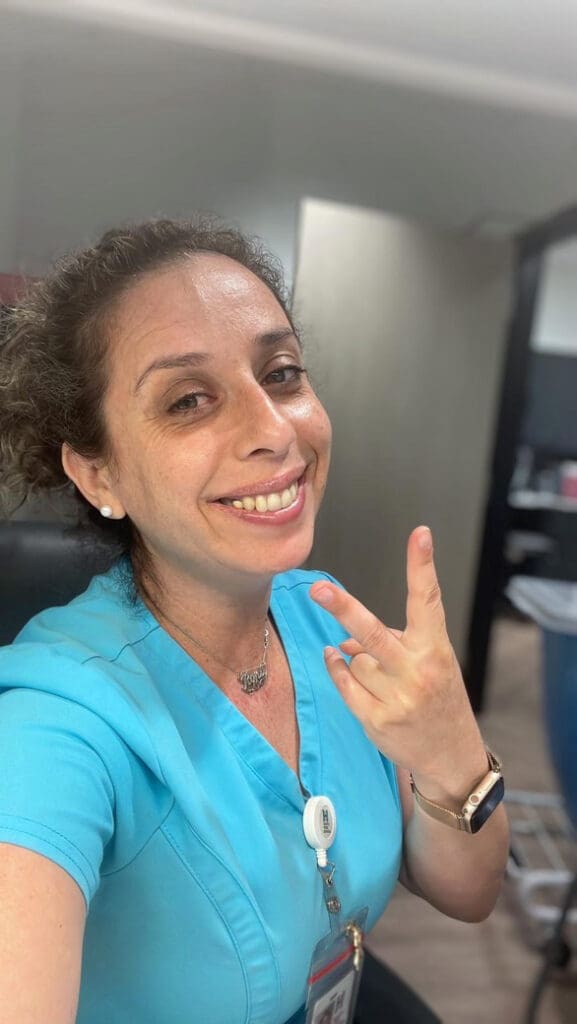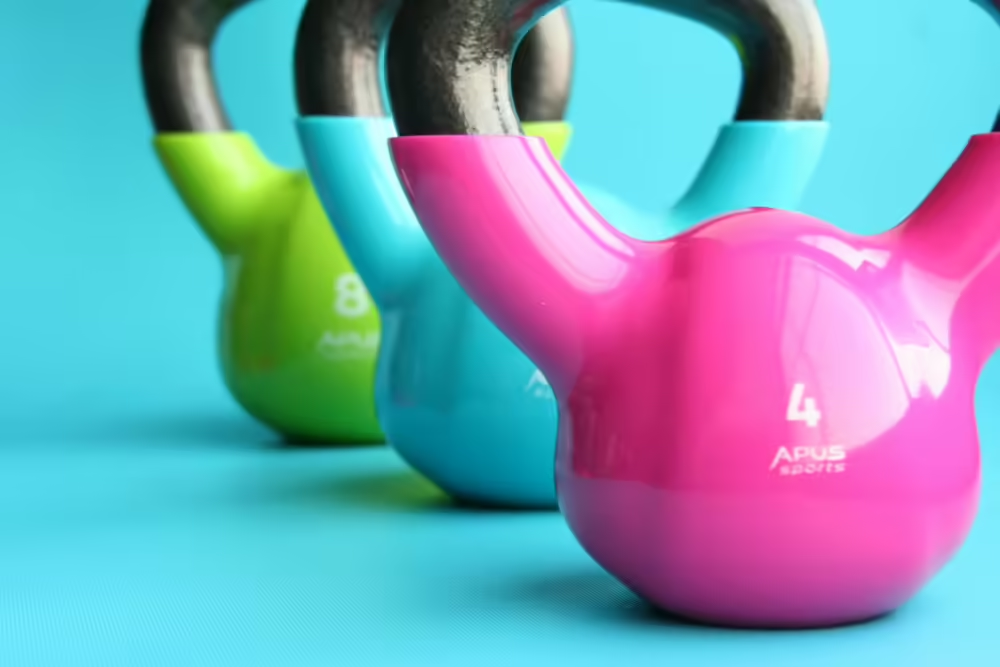Embracing Strength in Vulnerability: How Journaling Helps Process a Breast Cancer Journey
Guest post by Ronit, Firdman, creator of “My Words of Healing” – Guided Journal for Women Undergoing Breast Cancer Treatments
The Journey Behind the Journal
As a mammography technologist since 2010, I’ve had the privilege of walking alongside countless women as they navigate the complexities of breast cancer and witness the power of journaling as part of the healing process. While medical advancements have transformed treatments, the emotional toll of the disease remains a profound challenge. I’ve seen firsthand how vital emotional support can be and recognized the need for a safe space where women can freely express their fears, hopes, and experiences. This inspired me to create a writing journal specifically designed to provide that space—a tool to guide women toward emotional healing and self-discovery during their journey.
The Therapeutic Power of Journaling
Journaling is a simple yet profoundly impactful practice, offering a private space for self-expression and emotional processing. For women facing breast cancer, it serves as more than just a creative outlet—it’s a pathway to healing. By putting pen to paper, women can:
● Process Emotions: Journaling provides a safe space to explore and acknowledge various emotions, from fear and anger to hope and gratitude.
● Gain Perspective: Writing helps identify patterns, clarify thoughts, and develop a deeper sense of understanding.
● Reduce Stress: The act of writing can act as a mindfulness practice, easing stress and anxiety.
● Foster Self-Awareness: Reflection through journaling can reveal insights into personal feelings, thoughts, and behaviors.
A 2010 study conducted at the University of London assessed the effects of expressive writing on women completing breast cancer treatment. The research found that journaling significantly improved their perceptions of emotional support, suggesting it could be a valuable and cost-effective component of ongoing care.
Why Vulnerability Is Essential for Healing Through Journaling
Vulnerability is often misunderstood as weakness, but it is one of the most profound expressions of strength. For women facing breast cancer, embracing their rawest emotions is a powerful step toward healing. Journaling creates a space to explore vulnerability—a private sanctuary where feelings like fear, frustration, determination, and hope can be expressed without censorship or judgment. Acknowledging these emotions on paper validates them, offering relief and revealing inner strength.
Allowing ourselves to be vulnerable in writing helps us lower the walls we build to shield ourselves from pain or judgment. It gives our fears, frustrations, and hopes the room they need to exist without suppression or shame, reducing the emotional weight we carry. Writing vulnerably lets us name what we feel—whether it’s anger, grief, or gratitude—a critical step in understanding and addressing these emotions.
This openness fosters clarity, empowering us to uncover hidden strengths, identify patterns in our thoughts, and build resilience. Instead of avoiding difficult emotions, leaning into them through journaling creates a safe space for release and growth. By fully embracing our vulnerability on the page, we allow healing to begin. Journaling becomes not just a practice of self-expression but a courageous act of self-compassion, helping us navigate life’s challenges with greater clarity and strength.
Tips for Journaling
Whether you’re new to journaling or have been writing for years, here are some tips to make the most of the experience:
- Use Prompts as Guides:
○ Prompts can help you get started, especially when facing a blank page. Examples include:
■ “Today, I am feeling…”
■ “One small victory I experienced was…”
■ “A fear I’m facing right now is…”
■ “Something I am grateful for today is…”
○ Not all prompts may resonate with your experience, and that’s okay. Adapt or skip sections to focus on what feels meaningful to you.
- Create a Comfortable Writing Space:
○ Find a peaceful environment where you feel safe and relaxed. Add comforting elements like soft lighting, a cozy blanket, or a cup of tea to make the space inviting.
- Set Aside Regular Time:
○ Consistency helps make journaling a habit. Whether you write daily, weekly, or as needed, try to establish a routine that works for you.
○ Turning journaling into a ritual can make it a cherished part of your routine.Ideas for Rituals: Light a candle, play calming music, or enjoy a favorite drink while you write. Creating a soothing environment can make the practice feel grounding and restorative.
- Write Honestly and Without Judgment:
○ Let your journal be a space for raw, authentic expression. Don’t worry about how your writing sounds—focus on capturing your feelings and thoughts.
- Celebrate Small Moments:
○ Use your journal to acknowledge victories, no matter how small—whether it’s finishing a treatment or finding a moment of peace.
- Be Patient with Yourself:
○ Some days, journaling may feel cathartic, while others may bring up painful emotions. Both are valid. Approach your practice with self-compassion and let the process unfold naturally.
Transform Your Journey with the “My Words of Healing” Guide to Journaling
Journaling is a deeply personal and transformative practice that offers emotional support through every stage of the breast cancer journey. By using thoughtful prompts, creating a comforting space, and approaching the practice with patience and self-compassion, journaling can help women uncover inner strength and navigate their emotions with clarity and courage.
If you’re ready to begin your journaling journey, consider using “My Words of Healing”, a guided journal specifically designed for women undergoing breast cancer treatments. This thoughtfully crafted journal offers prompts for reflection and space to help you process your emotions and rediscover hope.
Click here to purchase your copy today.- https://a.co/d/6aFo871
About the author

Ronit Firdman is a dedicated mammography technologist with over 14 years of experience supporting women through breast cancer screening and diagnosis. Witnessing the emotional and physical challenges her patients face, she was inspired to create My Words of Healing: A Guided Journal for Women Undergoing Breast Cancer Treatments. This journal empowers women to process their journey through writing, fostering strength, hope, and healing. Driven by compassion and a commitment to making a difference, Ronit continues to advocate for resources that uplift and support women navigating breast cancer.
Resources:




